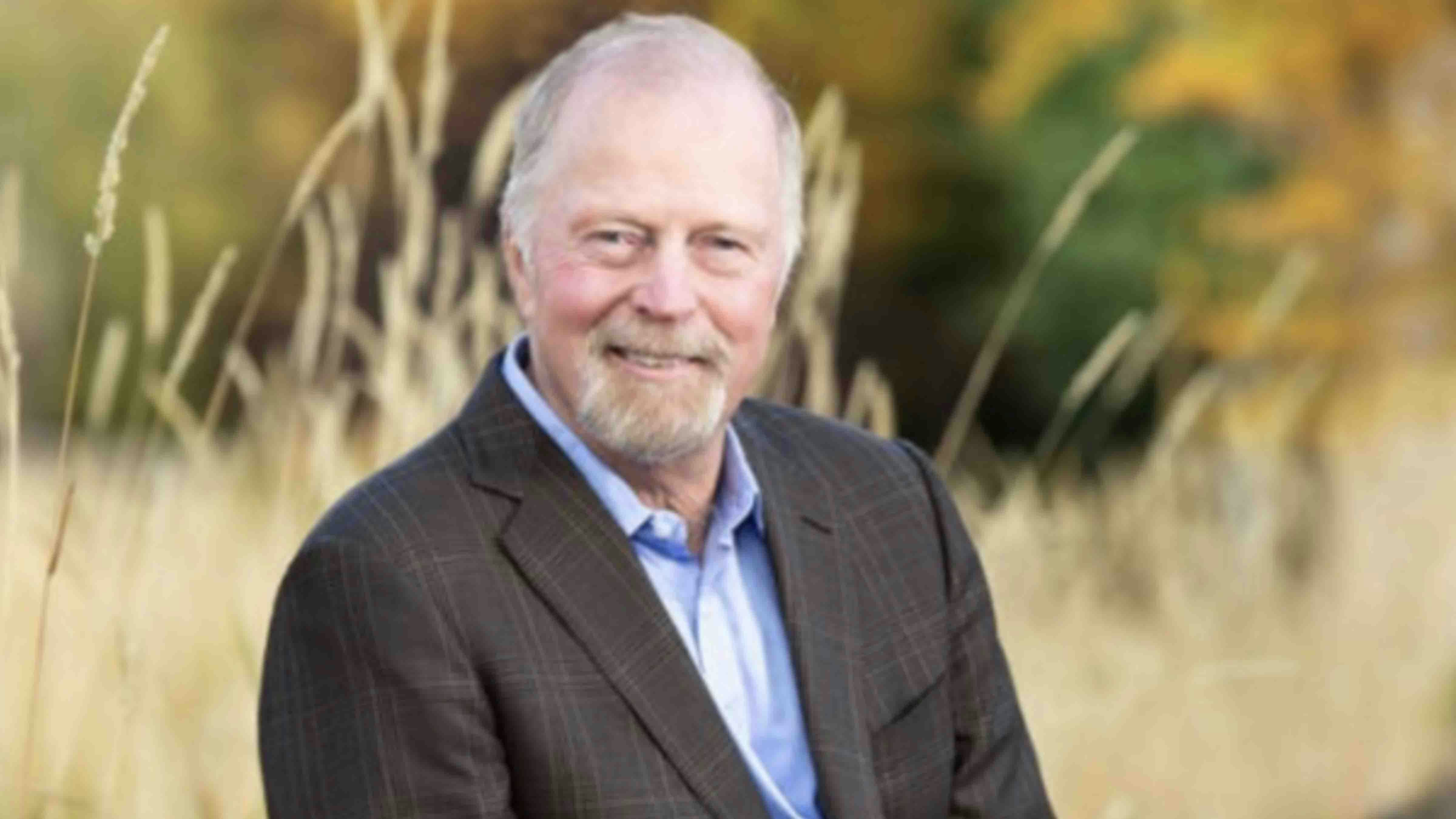On August 4, 2020, President Trump signed a law that will help Wyoming further its mission as a steward for two of the nation’s most beloved national parks — Yellowstone and Grand Teton.
Known as the Great American Outdoors Act, this landmark law provides a vehicle for our governor and legislature to permanently protect a critical part of our state’s legacy and character.
The act allots a permanent source of money for the Land and Water Conservation Fund (LWCF). This bipartisan legislation has been around since 1964.
Among its successes has been support for public access for recreation and safeguarding cultural sites such as American battlefields.
But until President Trump signed the Great American Outdoors Act, there was seldom a dependable pool of funds available to enable citizens — or state, local, and federal officials — to advocate for large-scale projects.
In 2024, a consequential undertaking may be possible in Wyoming, thanks to the Great American Outdoors Act.
To succeed, however, our legislature and governor, along with the National Park Service, must agree on a price that would result in a sizable contribution to Wyoming’s education fund while also permanently protecting a critical parcel of land on the eastern edge of Grand Teton National Park.
Called the Kelly parcel, this section of state-owned land is part of the most recognizable mule deer and pronghorn migratory corridor in North America.
In late 2023, the Wyoming Office of State Lands and Investments invited public comment on a proposal to dispose of this parcel to the highest bidder through public auction, an outcome that would likely mean development of the property.
More than 9,000 citizens from around the state commented on the proposed sale; an overwhelming majority said “no” to development and “yes” to protection. Our five elected officials collectively working as the State Board of Land Commissioners listened and tabled consideration of the auction for a year.
While this powerful outpouring was impactful, it left unanswered a key question about how the state should fulfill its constitutional duty to manage state lands for the benefit of public education.
It has not gone unnoticed that this marquee property generates only about $2,800 a year in grazing lease revenue — less than the monthly rent for a one-bedroom condominium in Teton County.
The wise decision by the land board to postpone action until late 2024 now gives the legislature time to enact a law authorizing a direct sale to the National Park Service, an outcome that would guarantee permanent protection for the property.
The agency has been able to ‘earmark’ funds for the purchase of the Kelly parcel thanks to the new predictability of the LWCF, support from key committees in Congress and senior leadership at Interior, and a long and productive history working with the state on other lands issues.
But their window to act is also narrow. Here’s why:
The National Park Service’s annual share of the LWCF is approximately $100 million. While that is certainly a lot of money, it’s intended to be spread on a competitive basis among 63 national parks and 365 affiliated national park units, such as battlefields, historic sites, seashores, and monuments.
The appraised value for the Kelly parcel is $62 million, which is 62 percent of the total allocation intended for all units.
Wyoming is fortunate that Grand Teton National Park is currently at the front of the line. This is not by accident.
The park superintendent and his team have been engaged in informal talks with state officials for a while and were prepared to quickly step forward as soon as LWCF funds were ‘in the bank.’ Other suitors for LWCF funds will soon catch up, and Grand Teton’s ability to use such a sizable portion will diminish if not disappear altogether.
The notion that 62 percent of these funds could be available sometime in the future for a single park would be a pipe dream.
By acting now to secure a sale to Grand Teton National Park, our leaders will respect the overwhelming majority who want this land protected, while faithfully exercising their fiduciary responsibilities to public education.
This would be a clear win for our children, a victory for our citizens, and a triumph for the park that we treasure.
Rob Wallace was the senior-most person from Wyoming to serve in the Trump Administration. He oversaw the National Park Service and US Fish and Wildlife Service as the assistant secretary of the Interior for fish and wildlife and parks. He can be reached at: Rob@RobWallaceGroup.com





